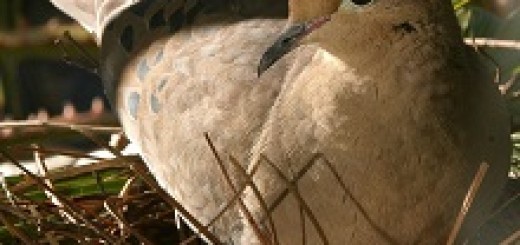By Rabbi Chaim Chazzan
Reuven put his glasses down near his bed. Shimon came to wake him up, stepped on the glasses and broke them. Is Shimon responsible for the damage?
- Tripping over and breaking, something left on the floor involves two elements: (1) the broken object; (2) injury caused to the person who tripped. The general rule is as follows: If it is reasonable that something on the floor and care must be taken, Shimon, the person who tripped is at fault. He is liable for the damage object and cannot demand compensation for personal injury and damage.
- If it is not reasonable to expect things on the ground, Reuven, the person who placed the object there is at fault. Shimon, the person who tripped, is not liable for the damaged item, and can demand compensation for personal injury and damage.
- Therefore if someone tripped on a box left in the street and was hurt, the owner of the box is liable for damage caused.
- However, if someone tripped on toys left around by children in someone house, he is liable to pay for the damage of the toys and cannot demand compensation. It is normal for people to leave things lying around in their own house, and therefore one should know to be careful when walking.
- If however it is dark in the house, the one who tripped on a toy is not liable and can demand compensation for personal injury and damages, as he was not expected to notice the toys.
- Based on this, it would seem that in our case it depends if it is night or day. If it was daytime, Shimon would be liable to pay for the glasses, if it nighttime he would not be liable.
- Poskim add that if Reuven asked Shimon to come wake him up, he shouldn’t have left his glasses there, knowing Shimon was coming. As such, Shimon would be exempt for damages even during the daytime.
Please note that the above may not be applicable for your situation. Consult your Rov for a final psak.
Reprinted with permission from Lmaan Yishmeu – a project of Mercaz Anash. To see more articles visit Mercazanash.com
ראה שו”ע חו”מ סי’ תיב ס”א-ב ובסמ”ע שם. שו”ת קנה בושם ח”א סי’ קכד. ספר פתחי חושן – נזיקין פרק ח הערה כה.





















